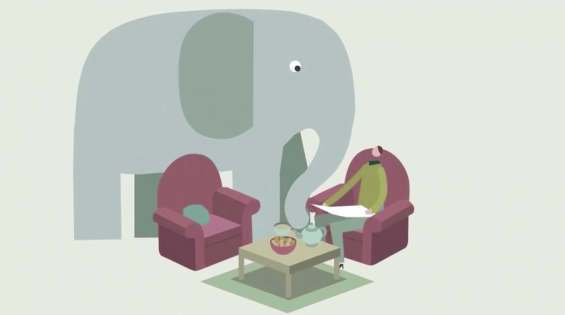
What is essential for a good education? Sakena Yacoobi weighs in
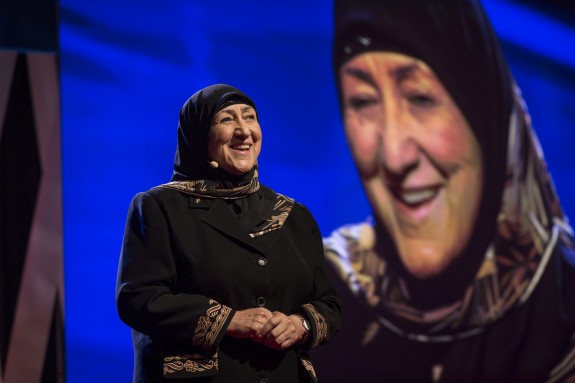
Risking her life every day as the Executive Director of the Afghan Institute of Learning, Sakena Yacoobi fights tirelessly for the education of Afghan women and children. Operating on the basic principle that education is a right, not a privilege, Sakena boldly ran illegal schools for girls during the Taliban reign (and has two chilling near-death experiences to prove it). She also launched learning centers inside refugee camps in Pakistan and Afghanistan; introduced innovative teacher training programs focused around student-centered learning; and created specialized health clinics for women, which have allowed many women and their families to see a doctor for the first time in their lives. Her Afghan Institute of Learning currently serves 290,000 women and children per year with education and healthcare opportunities.
She’s basically a superhero.
In person, she’s that perfect mix of strength and warmth that you expect from a person who has fought so hard for something so essential. We sat down with Sakena at TEDWomen to discuss what she was like as a student (spoiler: she’s always been a hero to the oppressed), what elements are most crucial to a good education, and what people outside of Afghanistan can do to help her cause.
What is the most crucial component of a good education? Strip away everything: what has to be there?
It has been 20 years that I’ve been working in education, and I really want to emphasize that you must have a trained teacher in the classroom. If you don’t have a trained teacher, if the teacher doesn’t have a good lesson plan, if the teacher is not relating to their students, if the teacher is not kind to their students, if the teacher doesn’t find out why the students are upset, or why the students are angry — that classroom is not going to be successful. Those students are not going to accomplish that much.
The other issue that I have been struggling with, and I fought for it in Peshawar, Pakistan when I was in the refugee camp, and now in Afghanistan, is that I believe that teachers should have a good salary. For example, in my situation in Afghanistan, the teacher will go and work three or four other jobs to try to support their family, and so as a result, they are exhausted when they come to the classroom, and they don’t really concentrate on their work. When I hire teachers, the first thing I do, I pay their salary, and then the rest of the stuff, I can see that it will take place. The parents somehow will be able to buy a notebook or a pencil or a uniform, but if the teacher has a good salary, that really makes a difference.
What were you like as a student?
I was a very outspoken student. I always sat in the front seat, and I was always the one who made trouble … a lot of trouble. And the most trouble that I made, from the time I was a little kid, is that I would always would stand up for the poorest students. I tried to defend the poorest one in the class, or the ones that were most disadvantaged.
Also, because I went to the mosque as a child, I knew all the religious books, so I was just like, “I know everything.” As a matter of fact, sometimes I would become the teacher. But a lot of the students had a hard time with their subjects, especially the ones that were from very poor families. So I found myself getting into trouble trying to defend those children.
That’s a good kind of trouble.
It is. It was. Sometimes it was bad trouble because I got punished for it and got a suspension from class for an hour or two, but it was okay for me — I kept going — I’d never stop.
Were you close to your teachers?
I was close to all my teachers. All of my teachers loved me, and the only person that really [didn't love me] was the principal of the school because I was creating a lot of problems. As a matter of fact, some of the teachers that I really loved were role models for me. They were women teachers who spoke very well in class, and they were kind to their students.
What can students and teachers in countries outside of Afghanistan do to help their brothers and sisters in Afghanistan? How can we be connected?
First of all, you have to remember that Afghanistan is a poor country. We live in poverty. There are still thousands and thousands of schools that are not properly constructed, and students go to the classroom without furniture, without books. I think that one thing that they can do to really help their brothers and sisters around the world, especially in a conflict zone like Afghanistan, is to really try to support and find out what they can do as a student: volunteer work is fantastic, if they are university graduate students and can come to Afghanistan and volunteer. But then again, it’s something that everybody asks: is it secure? That, I cannot tell you. It’s very hard to say. But if they could come, and if they are brave enough to come, they are more than welcome to come to my country. I’d love them to come because I could use every one of them.
Do you take volunteers at the Afghan Institute of Learning?
Absolutely. If they come, I will take them, but they have to at least commit for one year because by the time they come, by the time they learn our culture, by the time they get acquainted, six months is gone, and it takes all our time to really train them under six months. So they must be committed for at least one year if they come as a volunteer. This is one thing that they can do.
Another thing that they can do is they can try to get some funding, raise some funding, and say, “Okay, we can buy science equipment or library equipment or notebooks, pencils for the students” in such-and-such a school, and the money can go directly for what they are collecting the money for. That would be a fantastic help to [those schools].
If you were to give your 16-year-old self advice, knowing what you know now, what would you tell her?
Start earlier. I have so many things I want to do, still, and I see that I’m getting old. I feel like, “Oh my gosh, I could do so many things, and I should’ve start earlier.” But of course my situation did not allow me to because my country was invaded by Russia, and I could not go to Afghanistan. But if I did start earlier on my work, I feel I would’ve accomplished a lot. I think that young people should, when they have opportunity, they should start it, don’t wait for it. They should jump on it. I really believe in that.
Absolutely. But it’s also never too late, right?
That is true, it’s not too late. But take that moment. When that moment is gone, you will never get that moment back again. Don’t live for yesterday and don’t live for tomorrow, live in that moment and take advantage of it if you can. That’s my belief.
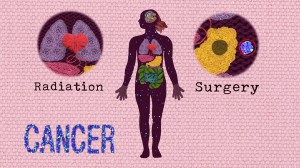
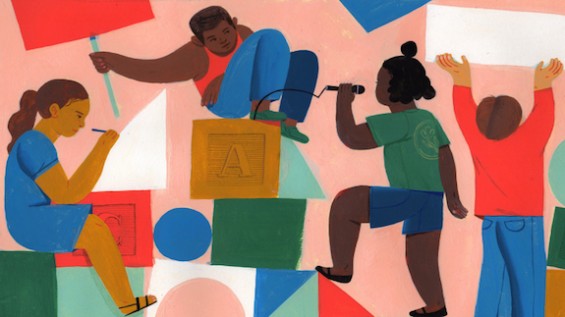
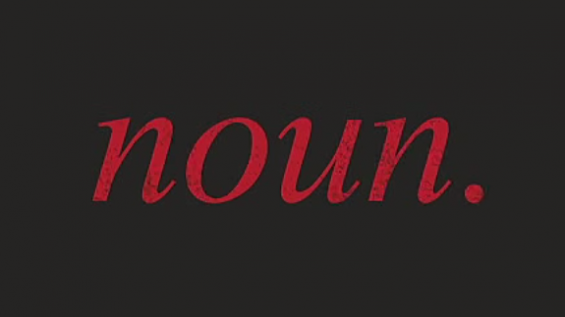

Yes, these are the people who brings change in a society and a country. Just one thing I would like to comment on is the usage of word Afghani women in the second line. Afghani is the currency of Afghanistan and Afghan is the nationality. so it should be Afghan women not Afghani women. I noticed this mistake has happened in many places in different pieces of writings.
Thanks for the catch, Sayed! Will fix that now.
What an inspiring story such person motivates people to convert their dreams into reality. She shows unbelievable courage. She should be honored by Nobel prize. She has done extremely good work for people.
God bless her!
That’s a creative answer to a difuicflt question